A Director’s Reflection
February 9, 2012
The Schmid Center for International Business hosted the January, 2012 MBA International Travel class to Brazil. Students visited an array of foreign and local invested corporations to gain an in-depth appreciation of global operations and an appreciation of Brazilian business culture.
In Sao Paulo, a mega city with more than 20 million residents, students’ first stop was the U.S. Department of Commerce. Here, Sean Kelley talked of the export opportunities for U.S. business in light of Brazil’s $735 billion infrastructure upgrade in preparation for the 2014 FIFA World Cup and the 2016 Summer Olympics.
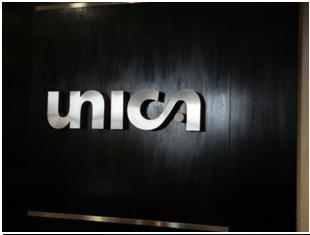
At UNICA, the Brazilian Sugarcane Association, we learned that Brazil has one of the cleanest energy matrices the world, with flex fuel vehicles comprising 9 out of 10 cars sold in Brazil.
At Itau, one of Brazil’s most successful private sector banks, we learned of the challenging environment for local entrepreneurs, with interest rates to businesses in the 1.8-4.5% per month range, and consumer credit cards averaging 442% per year!
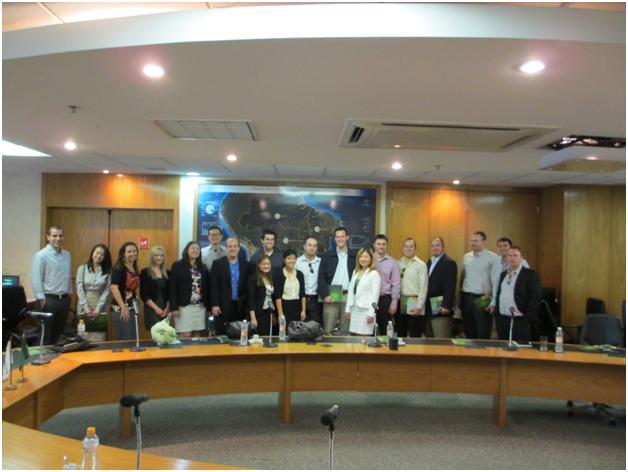
Next up was Natura, an eco-friendly cosmetics company that used only natural ingredients, many sourced in a sustainable fashion from the Amazonia region. With over 1 million sales consultants in Brazil these “Natura Ladies” are ready to give the Mary Kay folks and their pink Cadillacs a run for their money!
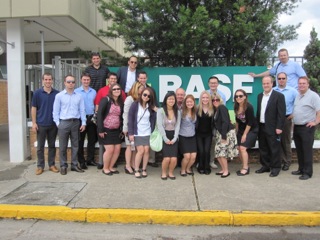
On the five hour coach trip to Rio de Janeiro we stopped off in Guarantingueta to visit the German chemical giant BASF. There, Willi Nass, VP of the chemical complex lead the class though a presentation of the BASF corporate strategy of “Transforming Chemistry of Life”. Later on Friday night we arrived in Rio de Janeiro, allowing for a weekend respite of visits to Cristo Redentor, optional visits to favelas, or paragliding for the more adventurous.
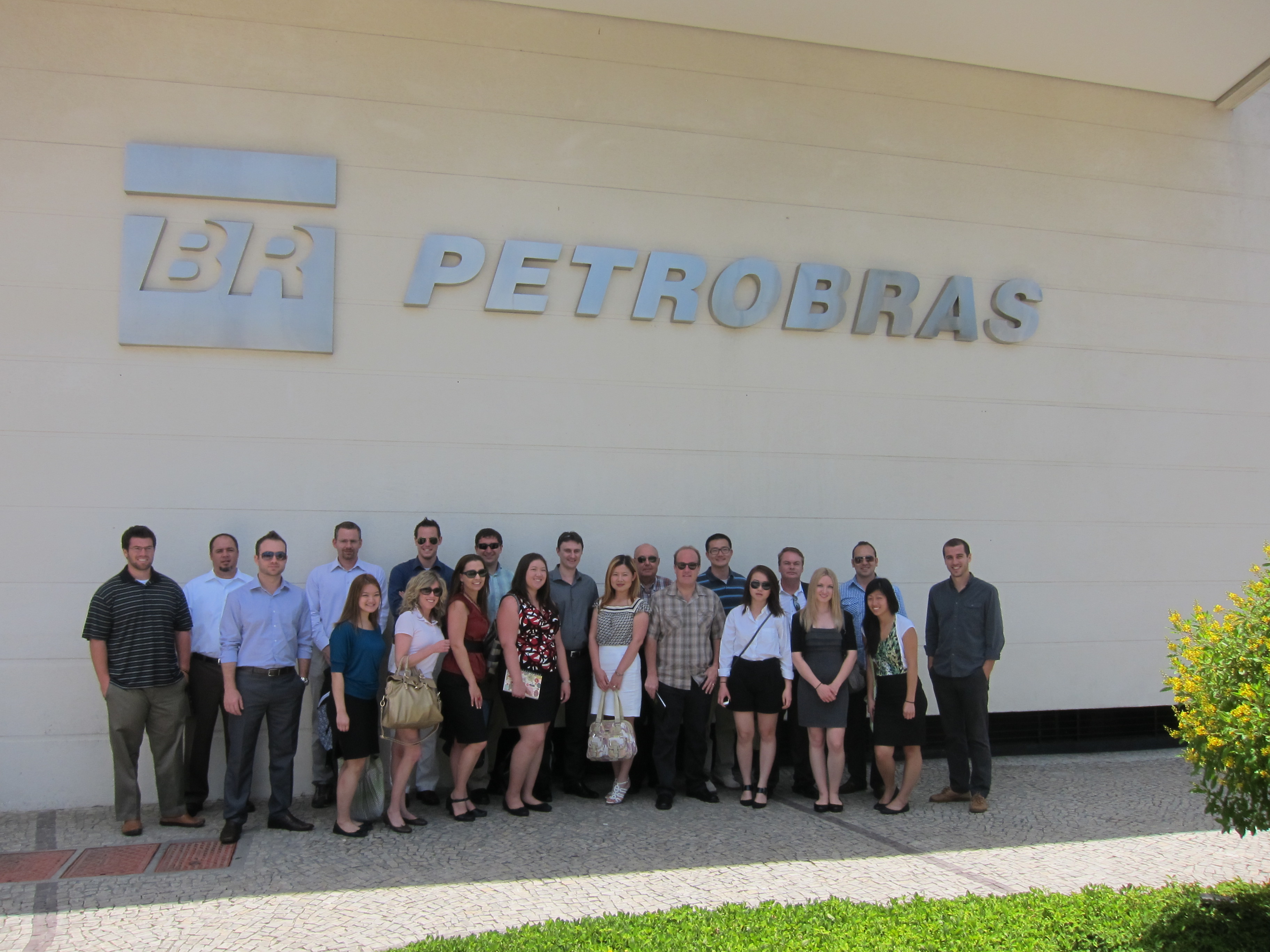
On Monday we refueled with Petrobras, Brazil’s oil giant, and responsible for 1/3 of new oil discoveries in the world. In addition to corporate visits we also dropped by
Viva Rio,
the highly successful NGO charged with decreasing violence in the city in light of the aftermath of the Candelaria Massacre in 1993.
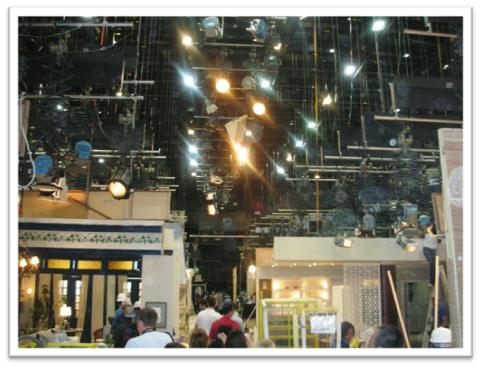
Our final trip was to the media conglomerate TV Globo with its dominating role in Brazilian culture. Globo captures a commanding 50-65% market share of all TV’s in the country during prime time. There, Caique Santiago spoke of TV Globo strategies for new media technologies . Mr. Santiago also shared with us TV Globo’s initiatives with
Amigos da Escola
, partnerships in social advertising, and the diversity of themes in your
telenovelas
that focus on and nurture themes of social responsibility.
In between corporate visits students soaked in the differences between “Cariocas” people living in Rio de Janeiro versus Paulistas” those living in Sao Paulo. The majority vote seemed to favor the beach-loving Cariocas, though I wondered if they would prefer the salaries of the finance-oriented Paulitas!
Until next time,
Noel